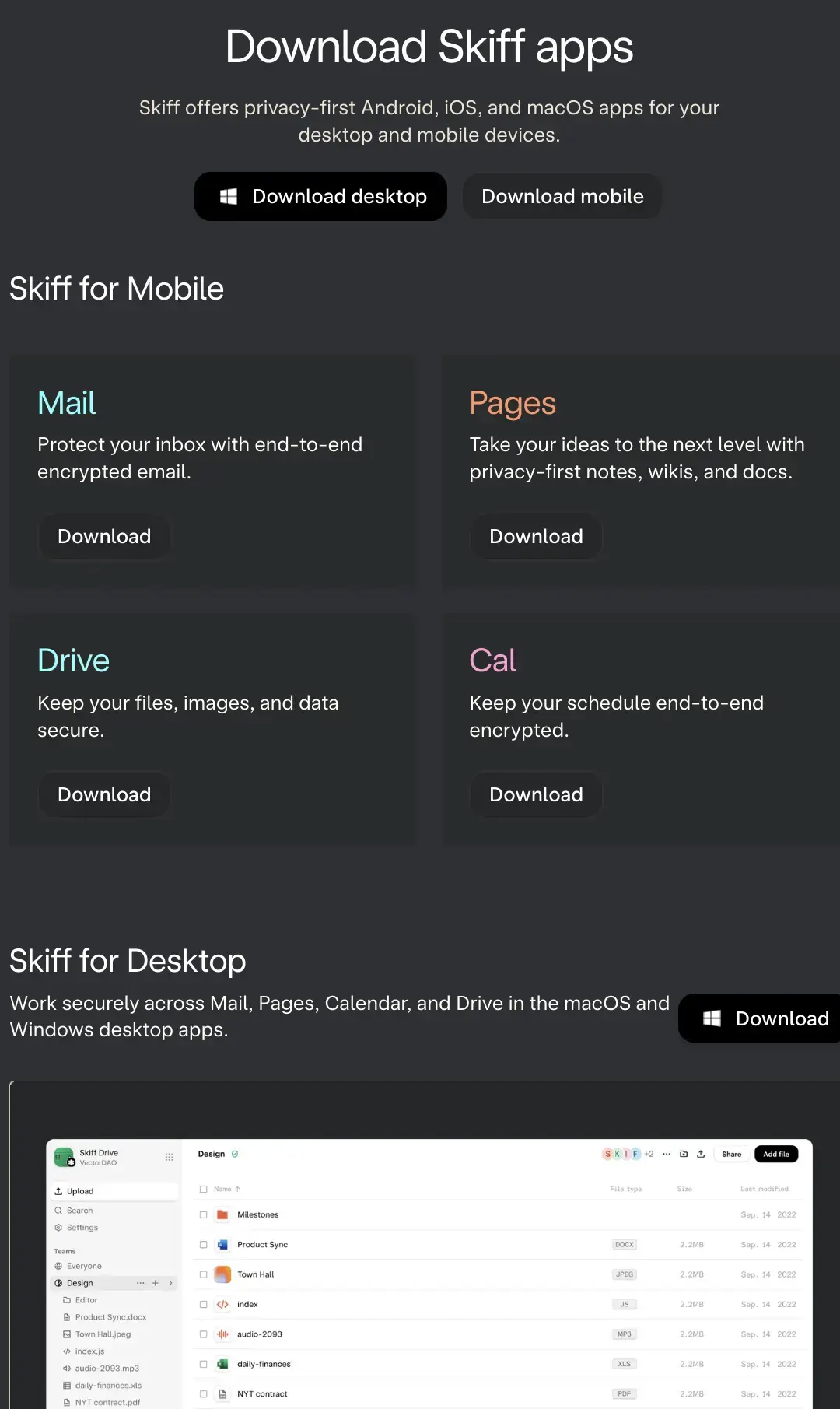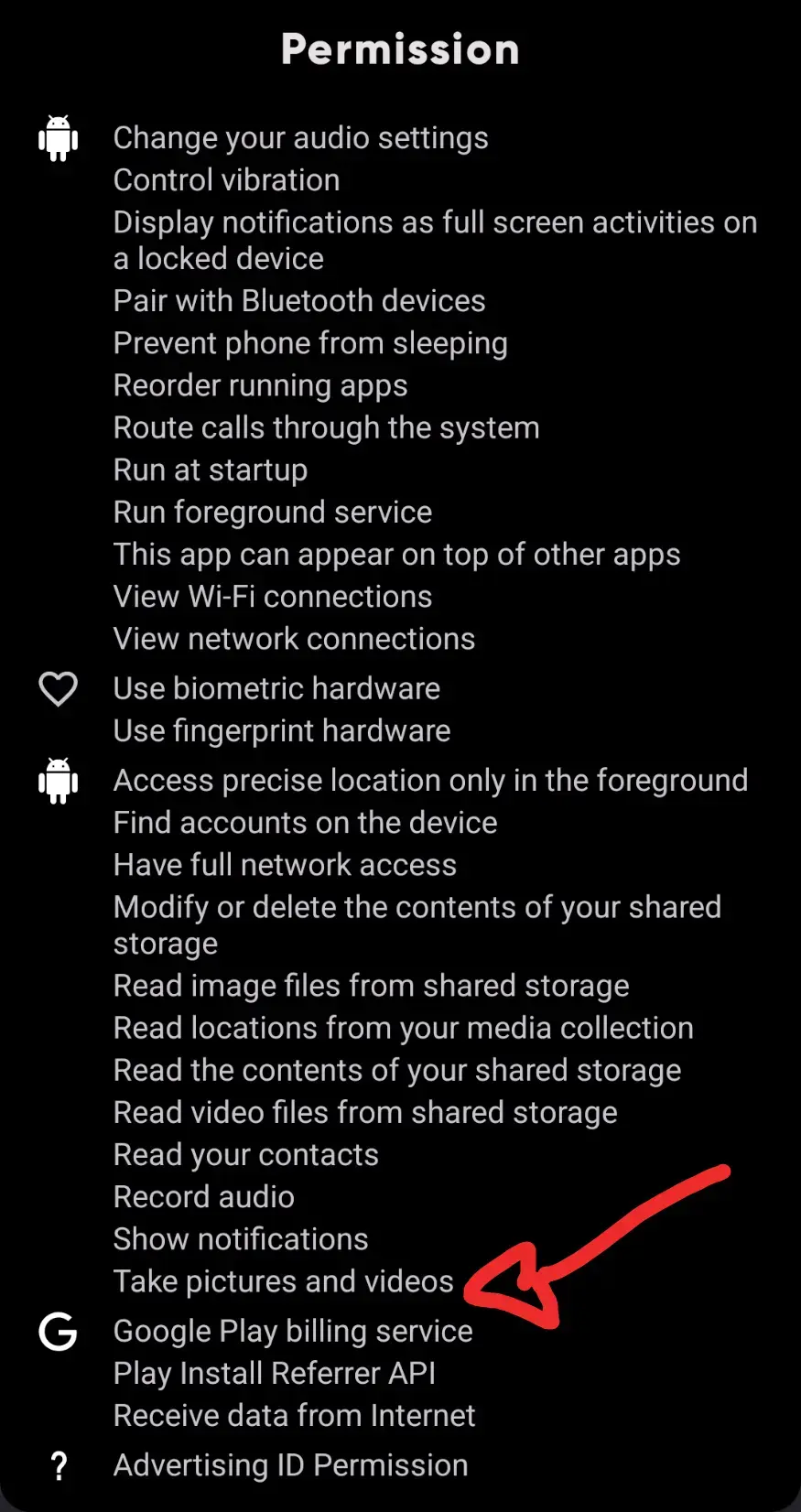

BuckShot
If you’re not careful, the newspapers will have you hating the people who are being oppressed, and loving the people who are doing the oppressing.
— Malcolm X
- 4 Posts
- 12 Comments
The fact they advertise “10GB of free VPN protection every 30 days” seems like a red flag. Additionally, it’s generally pretty true you get what you pay for, so their paid plans running $1/month also seems fishy. If you want a trusted free VPN, Proton is the smart choice. If you’re willing to pay for the service, Proton, MullVad, or IVPN are the trusted options for privacy.
A trick I’ve learned for when this happens with SearXNG is to add “!web” to the search query. It provides a wider range of search engines and images, which specific ones can be selected in the settings. Like all things software, it takes a bit to adjust to a new interface but SearXNG allows users to control a lot more of the functionality.


- •
- beehaw.org
- •
- 2Y
- •


Okular is amazing, this paired with Libre Office for PDF creation is how I do PDF production and editing. Okular has somewhat limited editing, so when converting scans/photos into a PDF I use KolourPaint for more detailed editing. It allows me to remove, add, or edit anything in a scan/photo before it’s converted into a PDF by Libre Office.
Cryptpad is worth trying out as a GoogleDocs alt too. It has excel and powerpoint along with word docs. Board.net is more straight forward, but it only offers word docs
I mean, once the journey starts it’s not long before Linux over MacOS or Windows is a no brainer. Being Android is Linux based allows for a degoolged option to be equivalent to a fork. But sure, iOS is more private and secure out the box vs Android, yet with a few minutes spent in settitngs, Android quickly wins out. Degoogling and FOSS options are two peas in a pod, so might as well also get a pixel with degoogled android and cover all basis.
Proton is the move, in combo with board.net for GoogleDocs and OpenStreetMaps for GMaps, you’ve degoogled more than most. Start using GrapheneOS instead of Android and you’ll damn near remove the big G from your day to day!




Yep, and since nearly all free VPN’s cover their cost by selling user data, it’s a red flag.